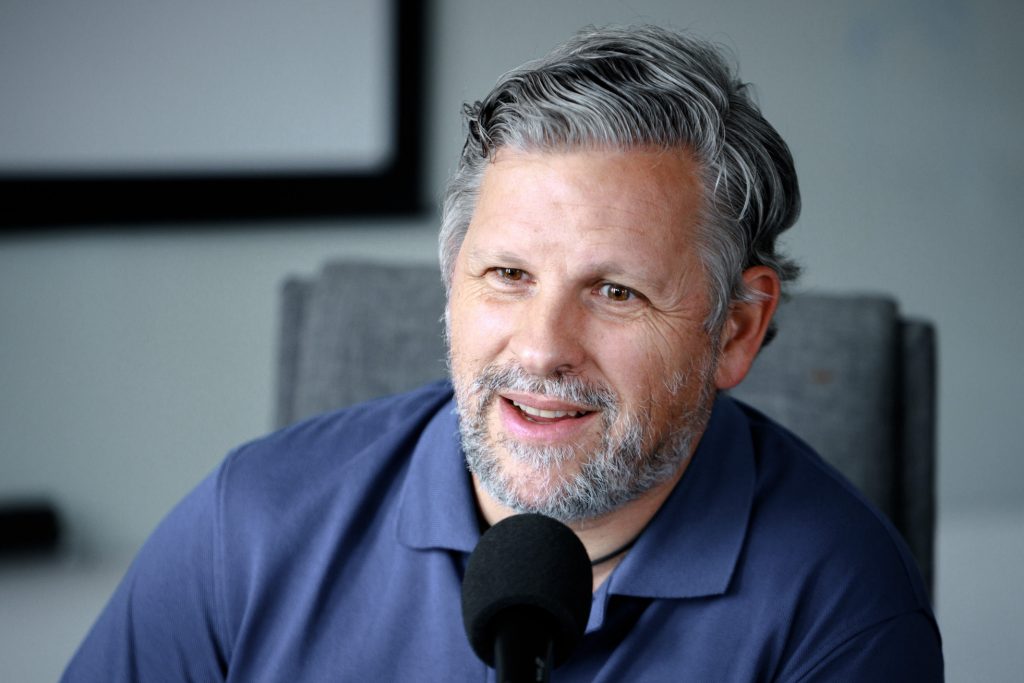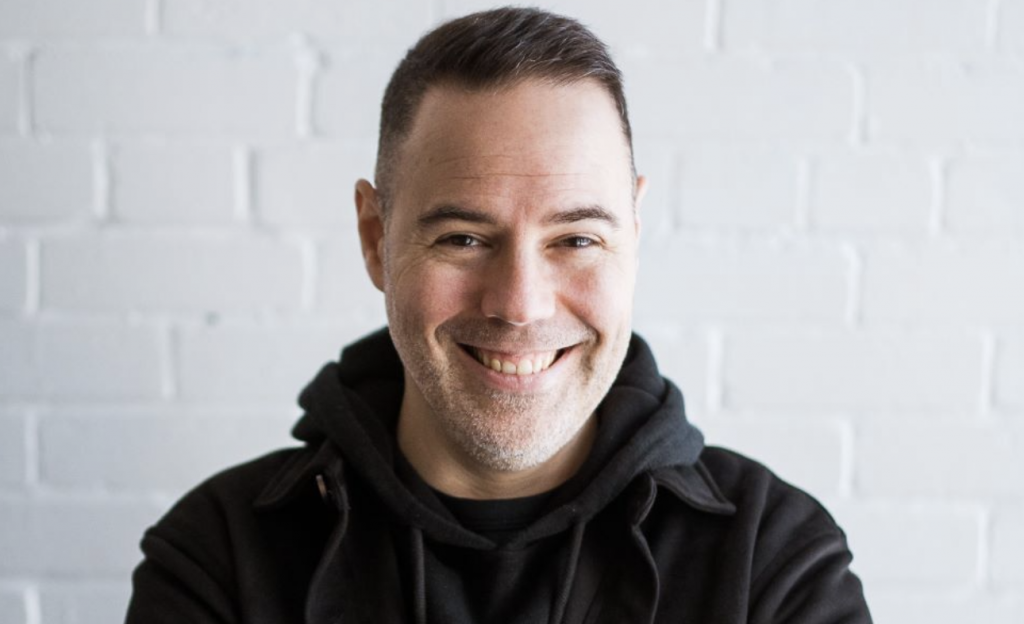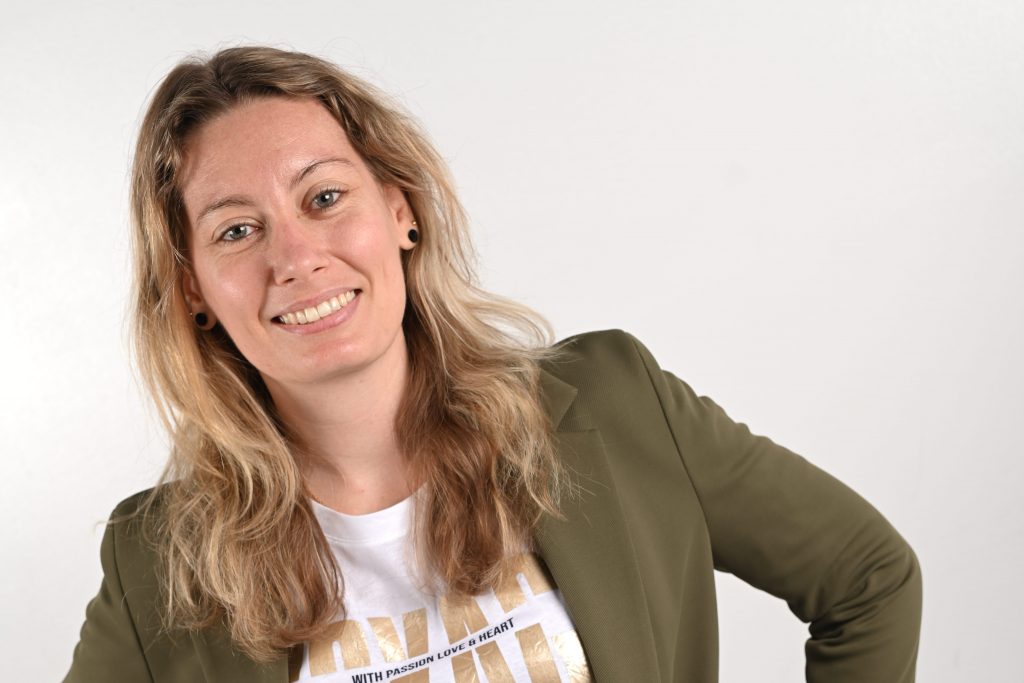After a wild west-style beginning, where everyone had to find their sponsors individually, the landscape of advertising placements has become more structured in the world of podcasts and online radio. We took stock of the situation with Stéphane Berthomet, a year and a half after launching his “native” audio advertising agency, Podpass. Interview.
Isarta Infos: In addition to the economic slowdown, the tariff war with the United States is hitting businesses hard. Does this make them more hesitant to invest in audio advertising?
Stéphane Berthomet: At the beginning of the year, I was indeed worried about a contraction in advertising budgets. However, that’s not exactly what I’m seeing. Many SMEs are turning to Quebec-based agencies, both small and medium-sized, to run advertising campaigns here in Quebec, staying closer to their customers. With the tariff war, they’ve realized the value of positioning themselves in the public’s mind as a Quebec product. So, that’s a very positive development.
In our recent discussions with new clients, they tell me they want to take part of their Google SEO budget and redirect it toward a brand awareness campaign or a podcast campaign. Since the beginning of the year, the budgets for our audio advertising campaigns have doubled, and our revenue has quadrupled compared to last year.
In recent years, the advertising placement market has become more structured. What options are available to brands?
S. B.: The major trend is having hosts read a message agreed upon with the brand. This message is so well integrated into the podcast content that the audience perceives it as a recommendation rather than an advertisement. That’s the strategy we prioritize.
Companies can also use programmatic ad insertion. This allows for a kind of massive outreach with their message. The advantage is reaching a very large audience of potential customers. The downside is that the message is much more mechanical. Sometimes, the ad doesn’t fit with the podcast’s content, making it more like traditional advertising.
We also have a partnership with QUB radio, which offers an in-house advertiser model where a host reads the ad. This approach feels much more organic [than programmatic] because it is delivered naturally during the show. It’s a return to a model that existed a long time ago in radio.
What about branded podcasts? Have they gone out of fashion?
S. B.: A few years ago, there was indeed an irrational craze for branded podcasts. Every brand felt like it needed its own podcast without really considering the purpose or objectives. The market is now becoming more rational.
Before producing a branded podcast, companies now ask how much it costs and what audience they want to reach. They expect measurable results. If they don’t invest a reasonable percentage of their budget in acquiring listeners, they’ll end up with expensive content that hardly anyone listens to. That said, many creative agencies still produce podcasts for large companies in Quebec.
How do you see the future of audio as an advertising medium?
S. B.: From a marketing perspective, I think we are witnessing a return to sincerity and integrity. Companies are realizing that by investing in SEO and advertising, they have lost that crucial connection with real customers.
Our approach to audio advertising campaigns is based on two main pillars: brand awareness campaigns and customer acquisition campaigns, where we include links or promo codes in podcast descriptions.
We are somewhere between partnership marketing and traditional advertising, in a consumption model that is rooted in trust. It fosters a very sincere and authentic connection between the brand and its audience. I believe this meets a real market need.



 training.isarta.com
training.isarta.com 

